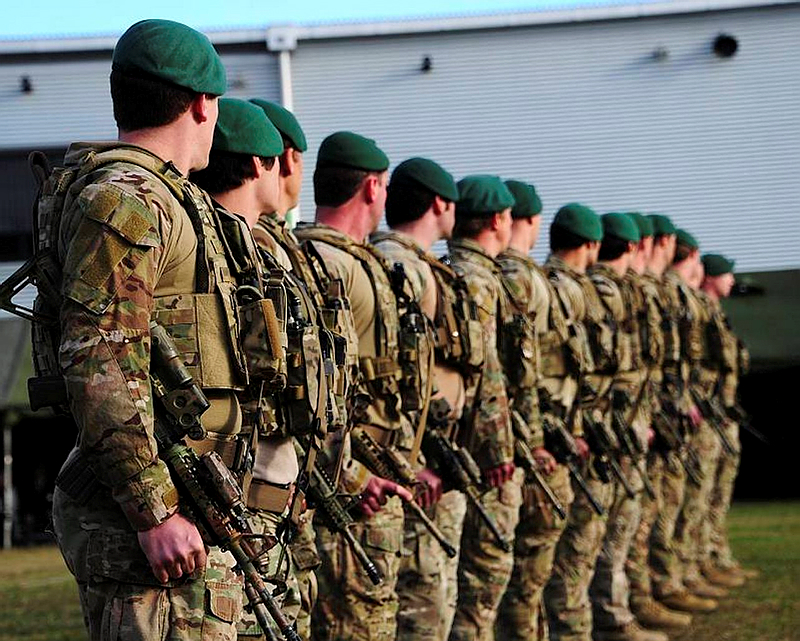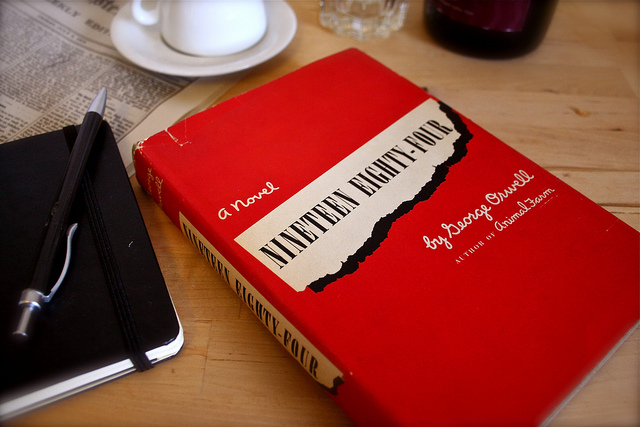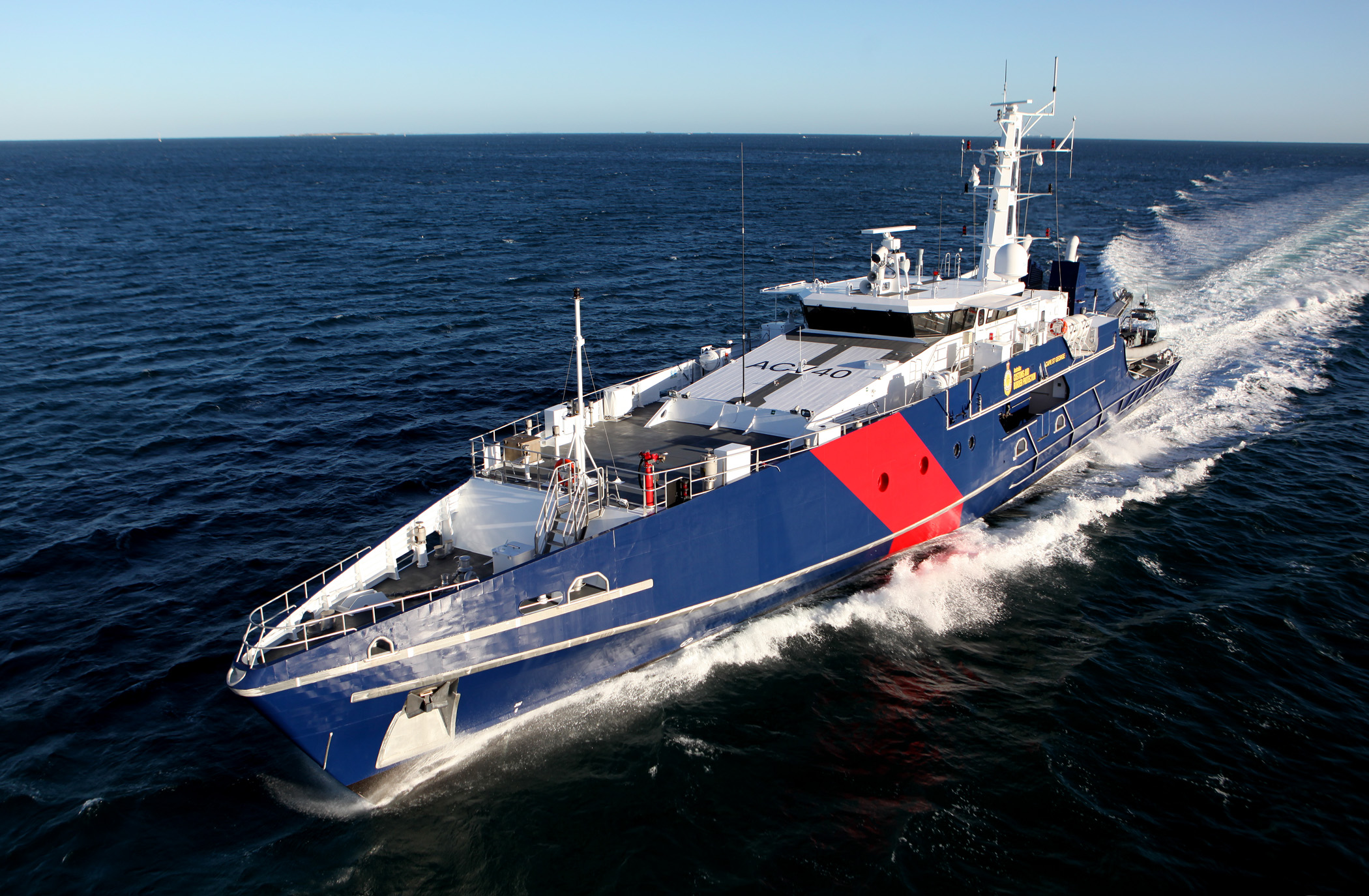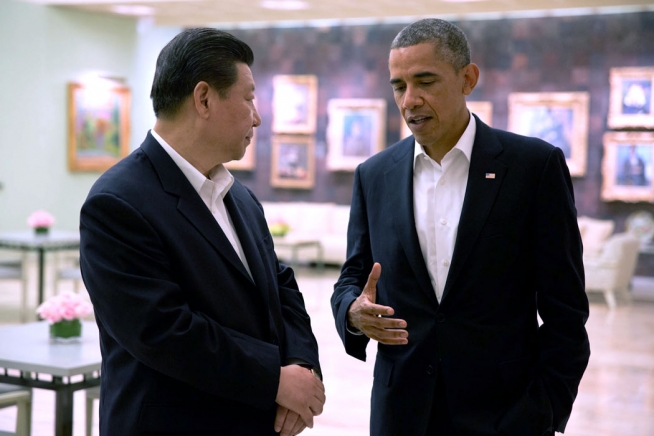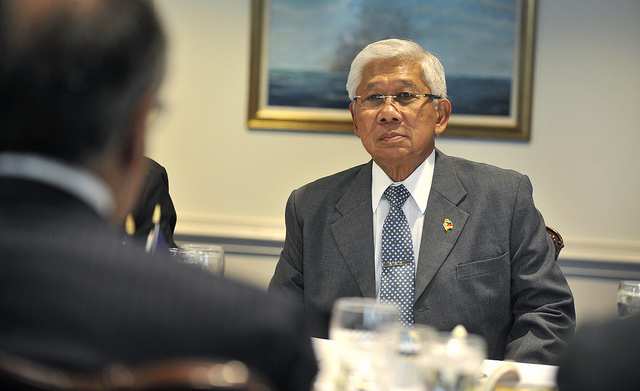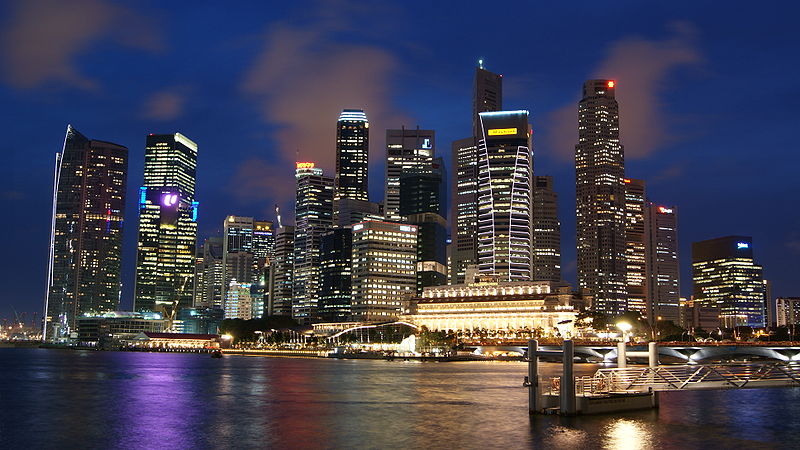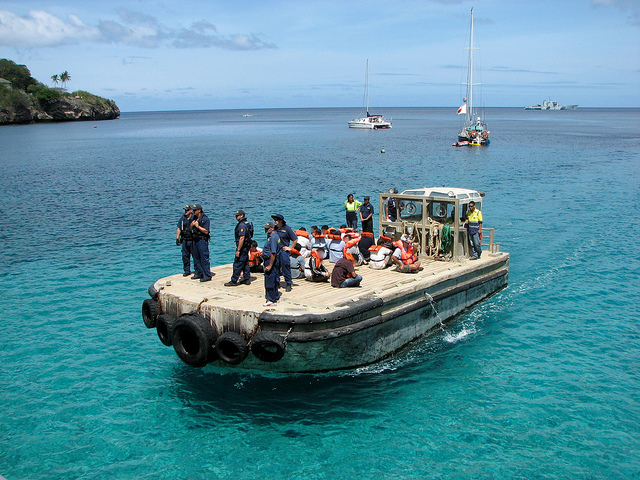Afghanistan: not over yet
The tragic death of Corporal Cameron Baird—killed in action in the Khod Valley in southern Afghanistan—and the wounding of two other ADF personnel, reminds an Australia reluctant to pay attention that the war in Afghanistan isn’t over yet. According to Defence Minister Stephen Smith, around 1,000 troops will be withdrawn by the end of the year. Based on the Minister’s statement to Parliament on 19 June, it looks as though at least 650 personnel will remain in country during 2014. After that, the Minister assesses there will be around 125 ADF trainers divided between Kabul and Kandahar and an undetermined number of staff embedded with the International security Assistance Force (ISAF)—there are currently over 100—as well as a possible continuing Special Forces role.
In short, even though everyone’s eyeing the exit signs, the reality is that Australia is committed for another eighteen months to an operation that will be every bit as large as, say, our Iraq deployment. Beyond 2014, we’ll also be there in appreciable numbers for the long haul. Our involvement will be every bit as long as Prime Minister Gillard speculated back in 2010: ‘for the next decade at least.’ In all likelihood, casualties will continue. Read more

